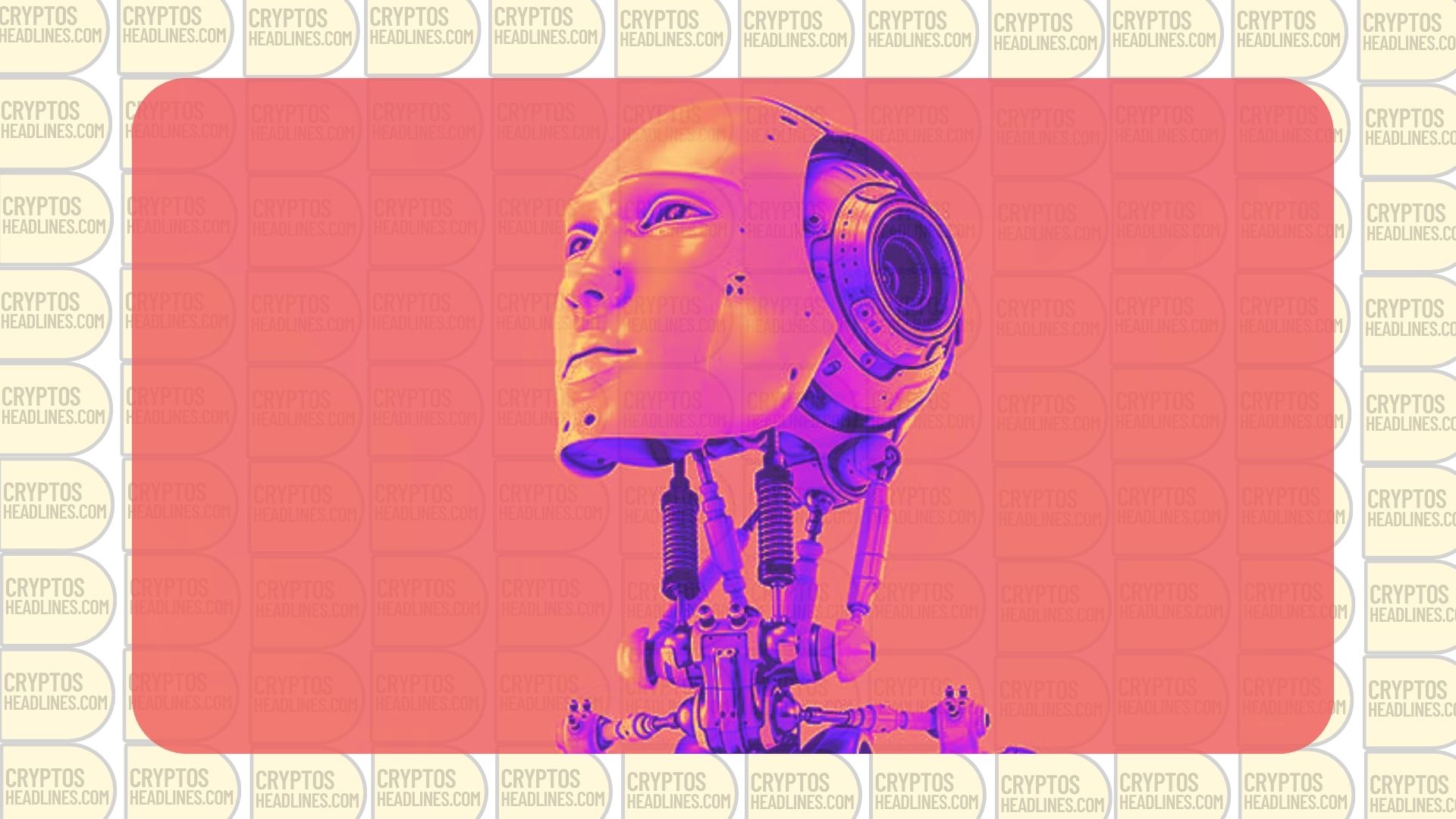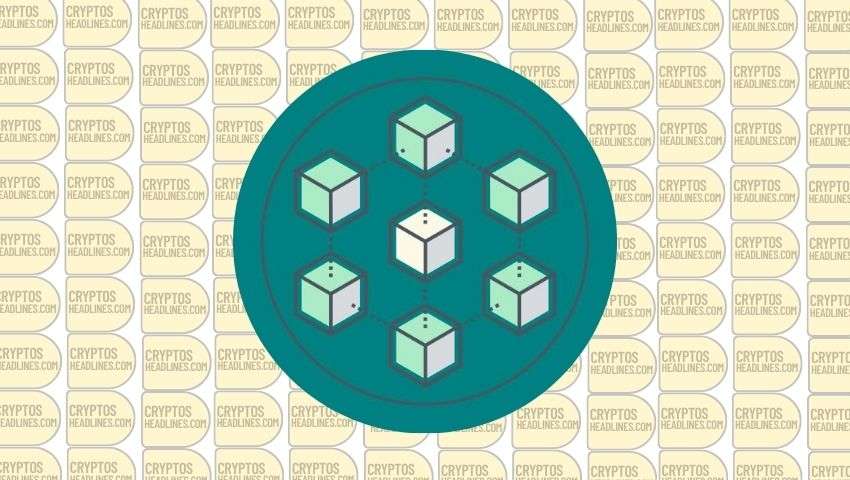- Here are five free courses and certifications that can help you learn more about artificial intelligence and machine learning:
- These courses are available for free and can provide valuable knowledge and skills in the field of artificial intelligence and machine learning.
It’s important for people, whether they are tech-savvy or not, to learn about artificial intelligence (AI) because it has the potential to change many industries and help solve complicated issues. By taking free online courses and getting certified in AI, people can gain the knowledge and skills they need to keep up with the fast-changing job market.
- The Machine Learning Specialization by DeepLearning. AI and Stanford Online:
The Machine Learning Specialization is an online program created by DeepLearning.AI and Stanford Online. It teaches the basics of modern machine learning through three courses. The courses are taught by Andrew Ng, who is an expert in the field and has done important research at Stanford and worked for companies like Google Brain and Baidu to make advances in AI technology.
The Machine Learning Specialization also features other instructors who are experts in their field. They include Eddy Shyu, who manages the course content; Aarti Bagul, who helps develop the curriculum; and Geoff Ladwig, who is also a highly regarded instructor at DeepLearning.AI.
The first course in the Machine Learning Specialization is called “Supervised Machine Learning: Regression and Classification.” In this course, students learn how to create machine learning models using popular libraries like NumPy and scikit-learn in Python. They also learn how to build and train supervised machine learning models for prediction and classification tasks like linear regression and logistic regression.
The second course in the Machine Learning Specialization is called “Advanced Learning Algorithms.” In this course, students learn how to create and train a neural network with TensorFlow to perform multiclass classification. They also learn best practices for developing machine learning models that work well with real-world data and tasks. Additionally, they learn how to build and use decision trees and tree ensemble methods like random forests and boosted trees.
The third and last course in the Machine Learning Specialization is called “Unsupervised Learning, Recommenders, Reinforcement Learning.” In this course, students learn how to use unsupervised learning techniques such as clustering and anomaly detection. They also learn how to create recommender systems using collaborative filtering and content-based deep learning methods. Finally, they learn how to build a deep reinforcement learning model.
After completing this Machine Learning Specialization, individuals will have a strong understanding of important concepts and practical skills needed to effectively use machine learning for solving complex real-world problems. This program is a great starting point for those who are interested in pursuing a career in machine learning or looking to enter the field of artificial intelligence.
- Learn AI with Python through Harvard University’s CS50’s Introduction to Artificial Intelligence course.
Harvard University’s CS50’s Introduction to Artificial Intelligence with Python is a free course available on edX that introduces modern AI concepts and algorithms. The course is taught by Gordon McKay, Brian Yu, and David Malan, who are professors and experts in computer science. While the course is free, students can choose to purchase a verified certificate for a fee.
In this course, students will learn about the concepts behind technologies like game-playing engines, handwriting recognition, and machine translation. Through hands-on projects, they will also learn how to apply machine learning concepts and algorithms into Python programs.
Throughout the course, students will learn about different topics in artificial intelligence and machine learning, such as graph search algorithms, classification, optimization, and reinforcement learning. They will also gain hands-on experience working with machine learning libraries in Python. By the end of the course, students will be equipped with the knowledge and skills to design their own intelligent systems.
- Learn AI Fundamentals with AI For Everyone by Coursera and DeepLearning.AI
AI for Everyone is a course available on Coursera that has been created with DeepLearning.AI. This online course is for people who don’t have technical knowledge but want to learn about AI concepts and their uses in real life. It explains the basics of AI and how it affects our lives. It covers essential machine learning concepts such as deep learning and neural networks.
Andrew Ng, an expert in artificial intelligence and founder of DeepLearning.AI, teaches the online course AI for Everyone. The course has four modules that cover various topics related to AI, such as machine learning, deep learning, and neural networks. Andrew Ng has taught several other popular online courses, including ones on these same topics.
Students can complete the AI for Everyone course at their own pace, and it usually takes around 10 hours to finish. The course includes video lectures, quizzes, and case studies that help students understand AI concepts. They can also practice using popular programming languages like Python.
The course is free to attend on Coursera. However, if you want a certificate, you have to pay a fee. You can also apply for financial assistance if you can’t afford the fee.
- Machine Learning Crash Course with TensorFlow APIs by Google
Google offers an online course called the “Machine Learning Crash Course with TensorFlow APIs.” This course is designed to help beginners learn the basics of machine learning and the TensorFlow programming interface. The course covers topics such as linear regression, logistic regression, clustering, and neural networks. It is self-paced and includes video lectures, interactive coding exercises, and quizzes to test understanding. The course is free and no prior knowledge of machine learning or TensorFlow is required.
- Introduction to AI by Intel
The Intel® AI Fundamentals Course is a beginner’s course that teaches the basics of artificial intelligence and how it is used. It covers topics like machine learning, deep learning, computer vision, and natural language processing. The course is free and allows you to learn at your own pace. You can complete the modules in any order.
The program runs for eight weeks and has lectures and exercises. Every week, students need to dedicate 90 minutes to finish the coursework. They will work on practical assignments using Python, so it’s suggested to have some prior knowledge of the programming language, but beginners can also learn it during the course.
Upon completion of each module, students can earn badges, but the course does not offer a certificate of completion. This course is intended for individuals who are interested in learning about artificial intelligence, including software developers and data scientists. Prior knowledge of the programming language Python is recommended but not required.
Ready to join the AI revolution?
People can use the resources mentioned above to learn about AI and be part of the growing AI industry to shape its future. Furthermore, the ChatGPT Prompt Engineering for Developers course, created with OpenAI, teaches developers how to use large language models to build effective applications. It’s taught by two famous AI experts, Isa Fulford and Andrew Ng.
This course teaches about prompt engineering for beginners and advanced learners who want to use large language models (LLMs) to build powerful applications. The course covers the latest understanding of prompt engineering and best practices for using prompts for the latest LLM models. It includes practical exercises that teach how to use LLM APIs for tasks such as summarizing, inferring, transforming text, and building a custom chatbot. The course is free for a limited time and is a great opportunity to join the AI revolution.













